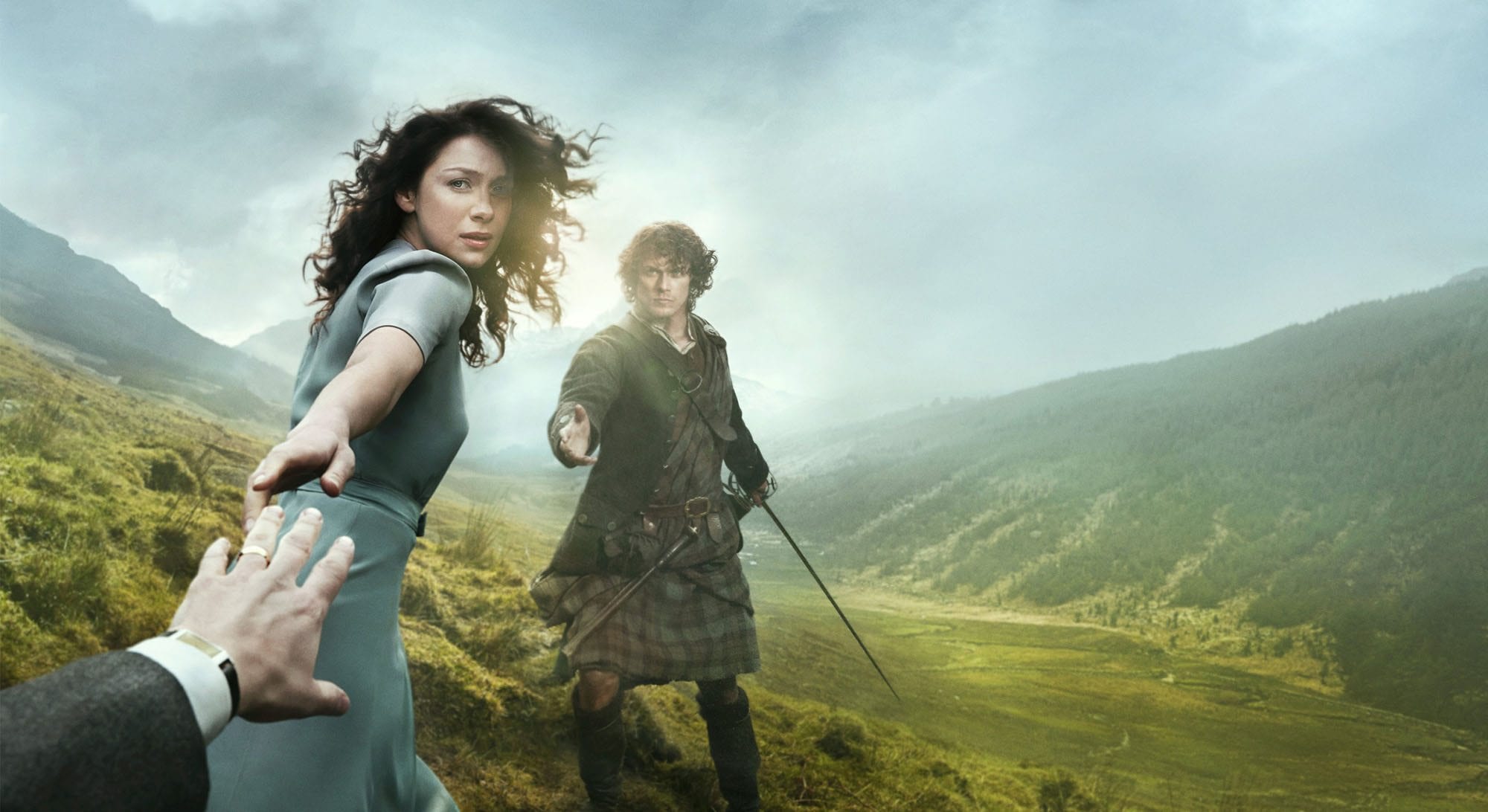
‘Scandal’: The TV shows doing rape survivor stories justice
In the past decade there’s been an onslaught of controversial rape scenes on TV. Used as a throwaway storytelling device, these scenes have portrayed rape in an often perfunctory and exploitative manner in the search for a titillating water cooler moment.
However, in the era of #MeToo & Time’s Up the TV landscape may finally have to change in order to keep up with the times. But even before these movements, there have been some rape stories done well on the small screen. Offering narratives exploring sexual assault beyond its propensity to be used as a shock-inducing plot device, here are the TV shows treating rape with complexity & sensitivity.

Responsible portrayals
Starz’s Outlander is one show that has repeatedly portrayed rape in groundbreaking and responsible ways. In the story, Jamie (Sam Heughan) and Fergus (Romann Berrux) were raped by Black Jack Randall (Tobias Menzies), while Young Ian (John Bell) was attacked by Gellis (Lotte Verbeek). As such, the show has consistently subverted audience expectations by portraying men as rape victims and women as potential perpetrators of such an attack.
What the show has always portrayed well is the subsequent emotional & psychological trauma felt by each victim. These aren’t episodic attacks used in a desperate grab for ratings. Instead they explore the everyday reality of rape and its harrowing, difficult aftermath.
Following the plot line of Diana Gabaldon’s book series upon which the show is based, the fourth season of Outlander will be tackling yet another challenging rape narrative.

Speaking to The Hollywood Reporter, producer Maril Davis weighed in on the show’s rape scenes within the context of modern issues and those of the period in which the show is set. “We’re trying to depict things as they really happened in that time.
Every scene moving forward, we’re trying to do something where you understand why the character is struggling so much but not doing it in a gratuitous way. We’re sensitive to what’s going on in this time right now, but we’re also filming something that’s a historical piece. So we’re trying to do that with both hats on.”

Does historical accuracy validate gratuitous imagery?
Davis’s comments highlight some of the criticisms faced by another period drama depicting rape scenes (albeit not as well as Outlander does) – Game of Thrones.
With harrowing, gratuitous sequences portraying the rape of Daenerys Targaryen (Emilia Clarke) on her wedding night, Cersei Lannister (Lena Headey), and a particularly harrowing attack against Sansa Stark (Sophie Turner), the HBO series has often lent on the apparent ubiquity of rape in the middle ages, depicting it in its most unforgiving form.
Historically accurate or otherwise, the series has been accused of merely using rape to advance a character’s narrative while sidestepping their subsequent trauma of the experience (usually to focus on whatever monstrous atrocities are going down in Westeros that week.) Such shallow character development forces them to endure a heinous, shocking struggle without allowing them space to realistically engage with the aftermath. However, not every TV show is quite as vulgar.
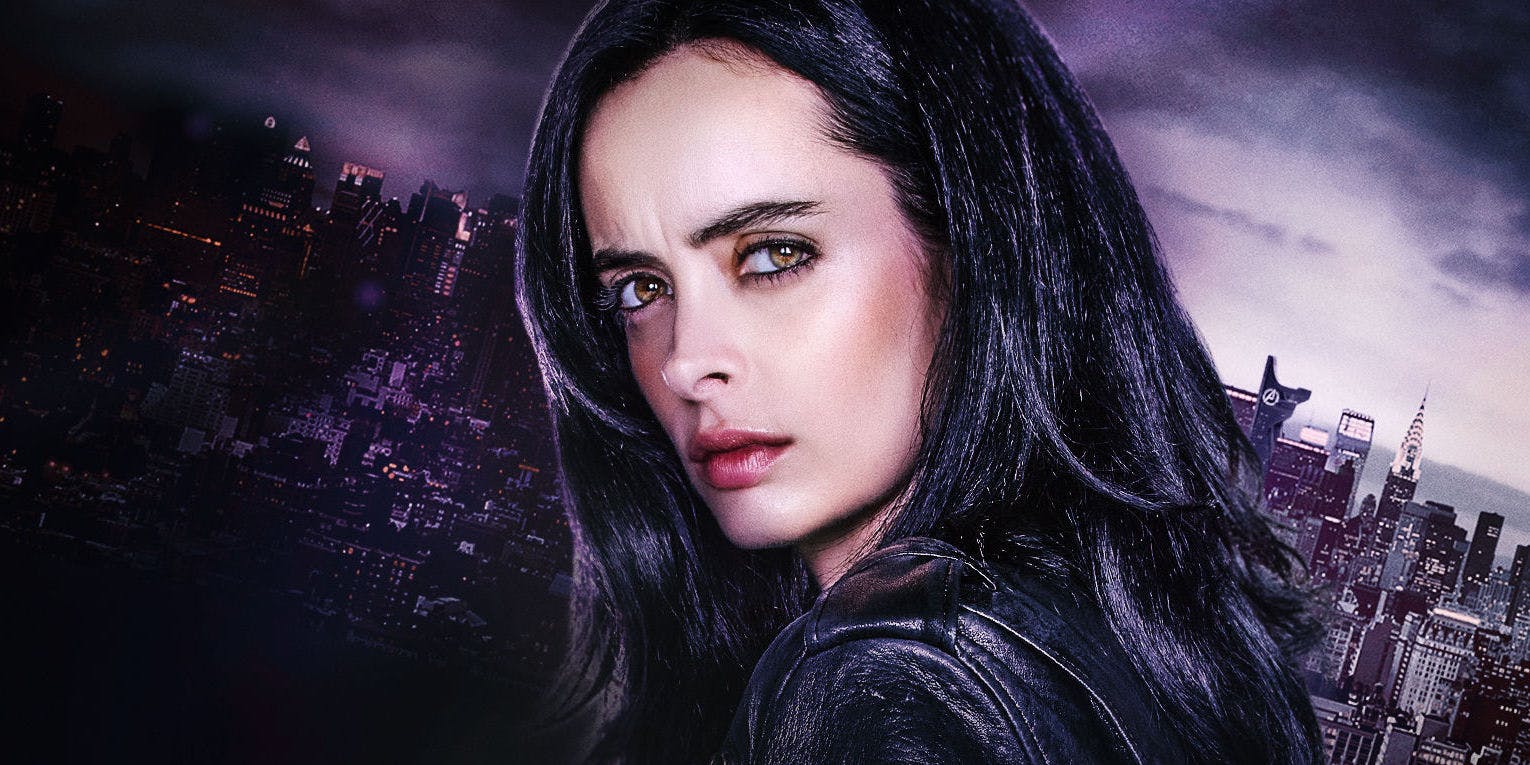
Even strong women face psychological fallout
Marvel’s Jessica Jones is one such show, impressively using the rape of its central character to develop her journey without exploiting the attack on screen. Instead, the Netflix Originals show depicts the aftermath of Jessica’s (Krysten Ritter) abuse while smartly engaging with issues of consent and championing female sexuality.
Speaking to Variety, Jessica Jones showrunner Melissa Rosenberg highlighted the importance of eschewing shock imagery and “lazy and dull storytelling” in favor of a complex survivor’s narrative.

“The imagery of rape — I mean, how many shows have you seen where there’s an image of a woman with her clothes ripped off and she’s been violated and she’s on the ground and all of that? . . . We have this rich, complex female lead and we are looking at what happened to her from her perspective.
“We were not going to do that thing where it’s about how the hero’s wife and child were killed and how his wife was raped — and it’s all about how he has to get revenge because that was ‘his woman’. We are not doing that. We are looking at the aftermath of what happened to her from her viewpoint.”

Investigating the complexity of rape culture
Like Jessica, the early 00s teen show Veronica Mars also featured a sassy, private detective dealing with the aftermath (and mystery) of her rape. The show was careful with its depiction of the attack, choosing to only portray the moments before and after.
Across three seasons, the titular character (Kristen Bell) faced the disparagement of a local police force who didn’t take her accusations seriously, the harrowing realization someone she loved and trusted may have committed the crime, and the investigation into the pervasiveness of date-rape drug GHB in her high school. Rather than using rape as a punishing device, the Rob Thomas (iZombie) show took a shrewd magnifying glass to rape culture to emphasize the complex issues surrounding it.
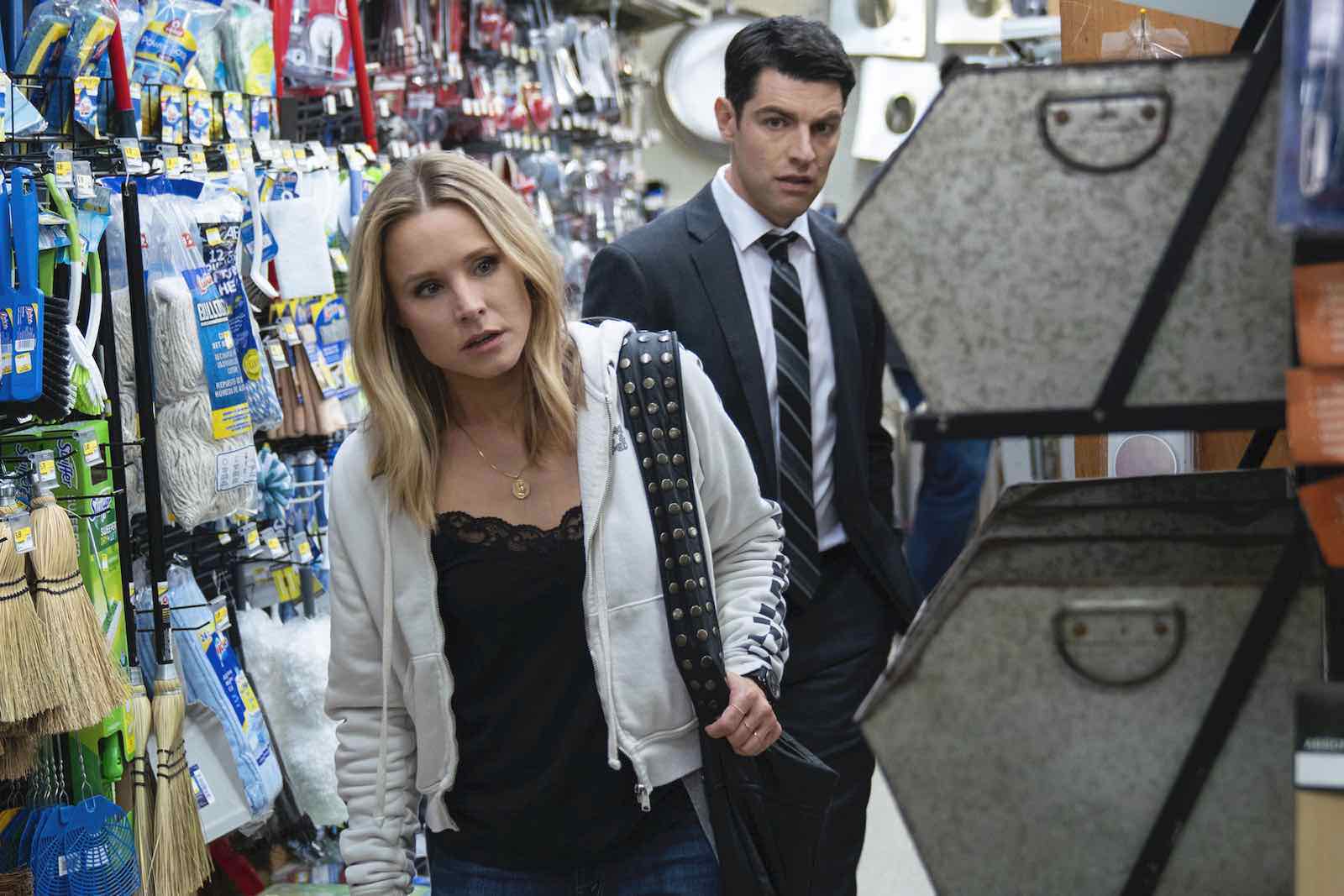
The show also highlighted the different ways rape survivors deal with trauma. Though Veronica is shown dodging her emotional fragility following the attack by isolating herself from her peers, she isn’t depicted facing the psychological aftermath.
However, when best friend Mac (Tina Majorino) is sexually assaulted, the show switches tact to depict a young women forced with rediscovering her sexuality, coping with psychological damage, and learning to trust potential love interests again.
By doing so, Veronica Mars emphasized there’s no singular or correct way for survivors to handle their trauma, but it definitely pays to at least acknowledge its existence within a narrative.

Exploring the disparate dimensions of violence
Similarly, House of Cards & Orange is the New Black both dealt with rape storylines, exploring unique perspectives on post-assault trauma. In House of Cards, Claire Underwood (Robin Wright) reveals to her husband Frank (Kevin Spacey) she was raped in college.
Her account of the attack is startling and the character refers to herself in third person in a bid to desperately separate herself from the violence she’d experienced. “Every time I think of her pinned down like that, I strangle her, Francis. So she doesn’t strangle me. I have to. We have to. The alternative is unlivable.”
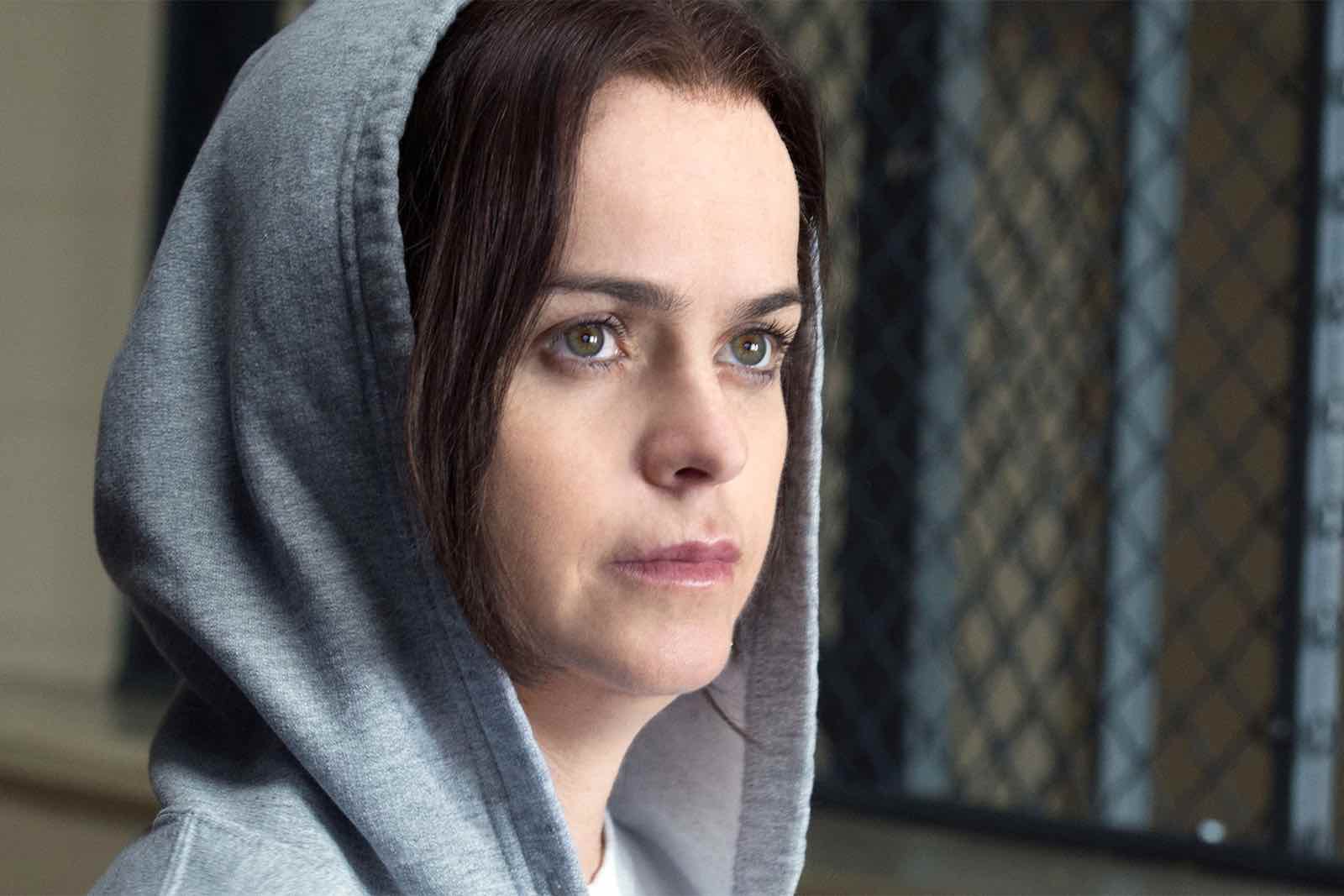
Meanwhile, Orange Is the New Black has continued to explore a devastating narrative in which Pennsatucky (Taryn Manning) is raped by prison guard Charlie Coates (James McMenamin), only to sympathize with him afterwards. The plot has drawn an understandable amount of controversy for portraying a rape survivor continuing a romantic relationship with her attacker.
However, in depicting a vulnerable character who engages with her trauma, the show offers an uncomfortable glimpse at the potential ways in which cycles of abuse and rape can be perpetuated in otherwise consensual relationships.
Shows like Game of Thrones, American Horror Story, Scandal, and even Downton Abbey have offered unnecessary glimpses of rape as a moment of outrage and spectacle. Rather than examining the complexity of the issue, they simply serve the imagery of it. But is it finally Time’s Up on rape as a tiresome, lazy plot device? Stay tuned to your favorite shows, folks; the proof will be in the programming.





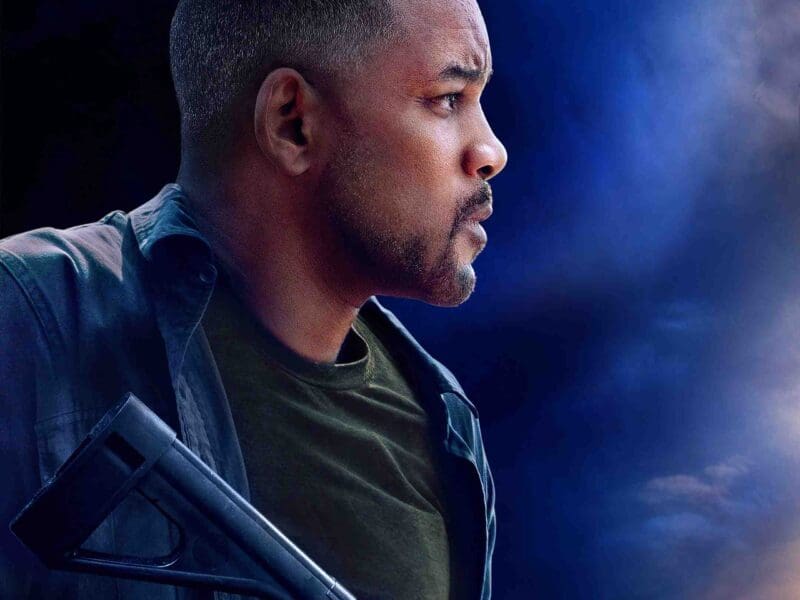
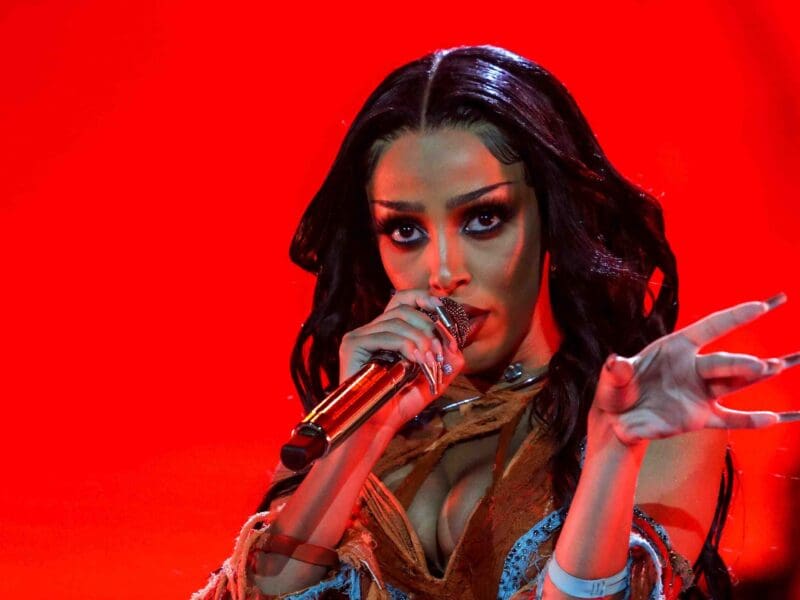

Siboniso V
/
The Outlander was just too traumatized for me, i couldn’t continue watching, It was so well done that I stopped watching the whole show entirely… I just couldn’t deal with the depressing story-line ahead coz I thought ‘already life has enough problems on it’s own, I watch tv as a form of escape not to be traumatized.’
February 18, 2020